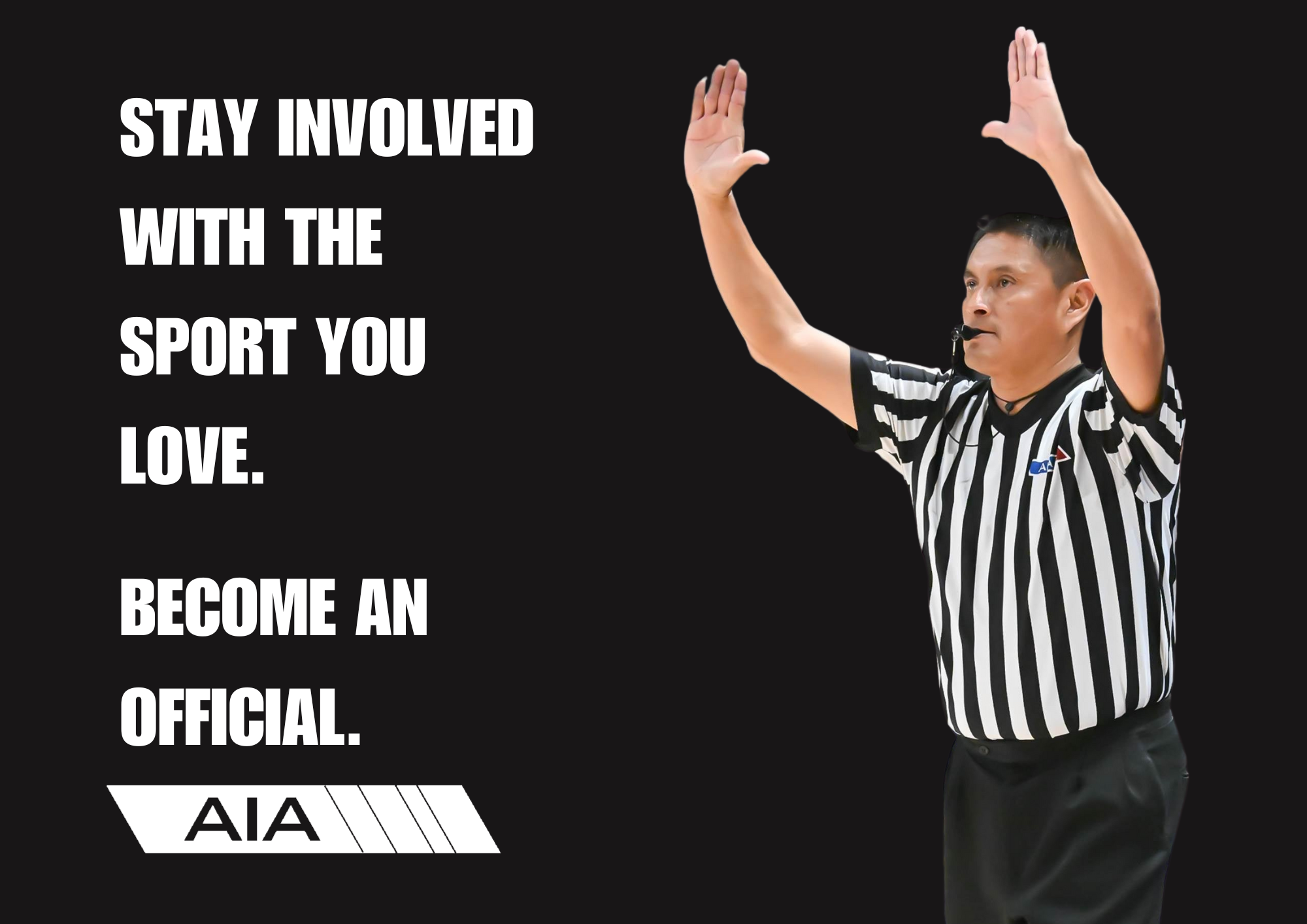Mind over golf
November 14, 2023 by Greg Graves, Arizona State University

Greg Graves is an ASU Cronkite School of Journalism student assigned to cover Notre Dame Prep High for AZPreps365.com.
A golfer's thoughts can have just as much of an impact as their swing in the complex balance between focus and the physical that makes up the mental game of golf.
In this demanding sport, mental toughness and mental sharpness are just as important as technical talent, as success frequently depends on the capacity to control one's thoughts, emotions, and keep a persistent focus.
Debbie Crews, who is an assistant research professor in exercise science and physical education at Arizona State University, visits the Notre Dame Prep boys golf team once a year to help the players get in touch with their mental states.
Crews, who earned a doctorate in sport and exercise psychology from ASU, has worked with LPGA tour golfers Wendy Ward and Anna Nordqvist and PGA tour champion golfer Jim Ahern.
“My goal for the kids at Notre Dame Prep is to have their glasses adjusted,” Crews said. “They will be able to look at the game differently and understand that they can be at their highest level when their brain is in the right place.”
Crews, who has known head coach Scott Watkins for more than 20 years, enjoys being able to come out and work with high school athletes and specifically those at Notre Dame Prep as the head coach is a good friend.
Crews spends a lot of her time in the valley with high schoolers, and said being able to connect with the athletes at a young age is a key part of their development.
Crews said most people, from an outside perspective, will think skill comes before the mental game. In in her experience, she has found the opposite
“If you start young with the mental game and your skill, then you will grow much faster,” Crews said. “The brain runs everything, so if you have your brain right, then you can set up correctly no matter the ball position.”
There is no separation in beliefs between Crews and Watkins, as they both understand that the mental game plays such a huge part in taking a golfer from a regular level of play to an elite level of golf.
“Everyone eventually gets to a level where their skill is as good as everyone else, but the mental game and how they learn to deal with it elevates them,” Watkins said. “If you get your mentality in tune with your skill, then you are able to become an elite golfer.”
Junior Mitchell Curran has worked with Crews for three years at Notre Dame. “My mental game on the course really is just a grind mindset,” Curran said. “I look to find my own zone.”
Finding one's own zone has been one of the key things Crews has learned within her research and something that the golfers of Notre Dame Prep have learned to understand.
“I did a study on mindsets, aka the zone, and what I discovered is that there is not one zone; there is only your zone, and everyone gets to theirs differently,” Crews said. “My belief is that if you learn to create a zone like a top athlete does, you will be able to, as your brain will recognize the patterns occurring.”
While a lot of the challenges faced within the mental game of golf are things players have to learn for themselves, there are challenges along the way that every young athlete simply must learn to overcome.
“The biggest challenge is meeting goals and expectations. Goals are fine if they’re the same as your expectations, but when you expect to do something, it becomes more of an issue.” Crews said.
A golfer can tell himself he has a goal of shooting a specific score under par by the end of the year and will continue to work toward that goal until it is achieved, but if the golfer expects to do it, he can put a heavy amount of pressure on himself.
“I have had multiple different approaches to setting my differences between goals and expectations,” Curran said. I always remind myself to lock in and fight for every shot and not worry about what I have set in place.”
Battling your mind and course conditions makes golf one of the hardest sports there is, and ultimately, there is no mental game quite like golf.
“There are so many variables in golf; where you hit is never the same, every golf course is different every day, the weather is always changing, and every little movement and thought you have affects where the little ball travels,” Watkins said. “There are so many things you cannot control, which makes it one of the most challenging sports.”


